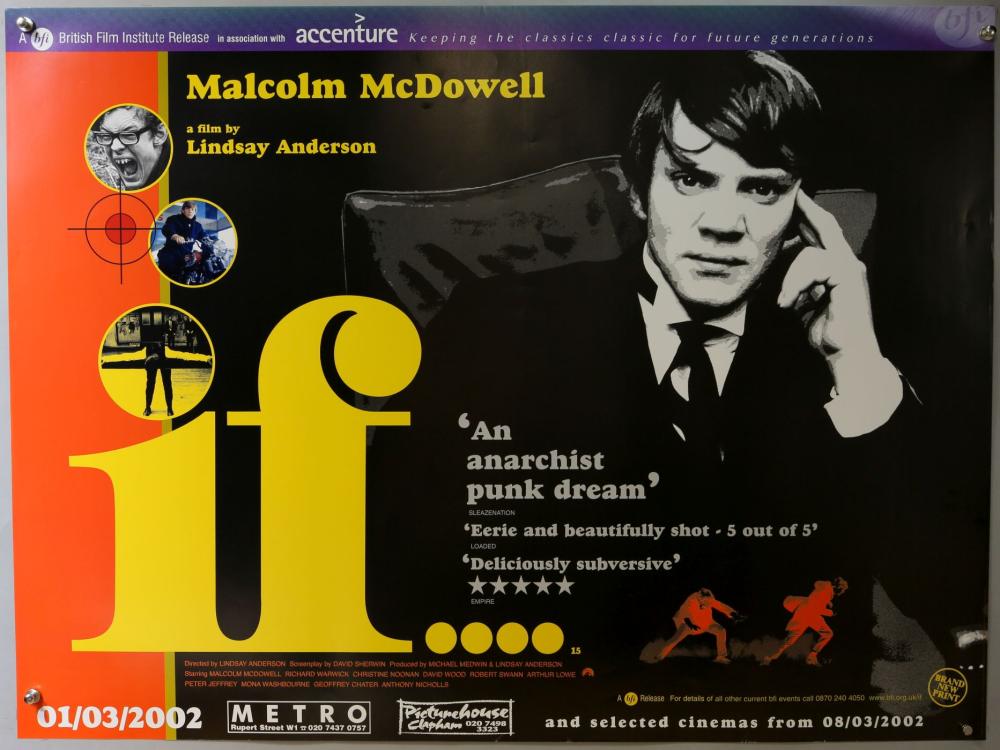
"Мы все - одна большая семья!" "У нас в колледже царит дисциплина!" "Наши правила - трудолюбие и покорность!" Лозунги закрытого привилегированного колледжа, где учился Мик Трэвис, годились для любой закрытой системы - армии, тюрьмы, спецПТУ... Поэтому неудивительно, что учитель мог просто, как само собой разумеещееся, сказать - "эй, Джон, пойди, прогрей для меня туалет"... Младшие прогревали туалеты старшим, ученики - учителям... Мик Трэвис был "дедом" и смертельно устал от этого. Когда-нибудь он взорвет эту чертову школу!Трилогия:1. Если... (1968)2. О, счастливчик (1973)3. Госпиталь «Британия» (1982)
if.... is a 1968 British drama film produced and directed by Lindsay Anderson satirising English public school life. Famous for its depiction of a savage insurrection at a fictitious boys' boarding school, the X certificate film was made at the time of the May 1968 protests in France by a director who was strongly associated with the 1960s counterculture.
The film stars Malcolm McDowell in his first screen role and his first appearance as Anderson's "everyman" character Mick Travis. Richard Warwick, Christine Noonan, David Wood, and Robert Swann also star.
if.... won the Palme d'Or at the 1969 Cannes Film Festival.[3] In 1999, the British Film Institute named it the 12th greatest British film of the 20th century; in 2004, the magazine Total Film named it the 16th greatest British film of all time. In 2017 a poll of 150 actors, directors, writers, producers and critics for Time Out magazine ranked it the 9th best British film ever.[4] Review aggregator Rotten Tomatoes reports that 93% of 45 critics have given the film a positive review, with a rating average of 7.92/10. According to the site's critical consensus, "Incendiary, subversive, and darkly humorous, If.... is a landmark of British countercultural cinema."[5]
Contents
1 Plot
2 Cast
3 Production and locations
4 Sources and influence
5 Sequels
6 See also
7 References
7.1 Bibliography
7.2 Further reading
8 External links
Plot
The film opens at a traditional British public school in the late 1960s, as the pupils return for a new term. Mick Travis, Wallace, and Johnny Knightly are three non-conformist boys in the lower sixth form, their penultimate year. They are watched and persecuted by the "Whips", upper sixth-formers given authority as prefects over the other boys. The junior boys are made to act as personal servants for the Whips, who discuss them as sex objects.
Early scenes show the school's customs and traditions. The headmaster is somewhat remote from the boys and the housemasters. The protagonists' housemaster, Mr. Kemp, is easily manipulated by the Whips into giving them free rein in enforcing discipline. Some members of the staff are shown behaving bizarrely.
One day, Mick and Johnny sneak off campus and steal a motorbike from a showroom. They ride to a café staffed by an unnamed girl, about whom Mick fantasizes wrestling while nude. Meanwhile, Wallace spends time with a younger boy, Bobby Philips, and later shares his bed.
Later, the three boys drink vodka in their study and consider how "one man can change the world with a bullet in the right place." Their clashes with school authorities become increasingly contentious. Eventually, a brutal caning by the Whips spurs them to action.
During a school-wide military drill, Mick acquires live ammunition, which he, Wallace, and Johnny use to open fire on a group of students and faculty, including Kemp and the school chaplain. When the latter orders the boys to drop their weapons, he is cowed into submission and assaulted by Mick.
As punishment for their actions, the trio are ordered by the headmaster to clean out a large storeroom beneath the main hall. In a surreal sequence, they discover a cache of firearms, including automatic weapons and mortars. Joined by the girl from the café and Philips, they commit to revolt against the establishment.
On Founders' Day, when parents are visiting the school, the group starts a fire under the hall, smoking everyone out of the building, where they open fire on them from the rooftop. Led by the visiting General who was giving a speech, the staff, students, and parents break open the Combined Cadet Force armoury and begin firing back. The headmaster tries to stop the fight, imploring the group to listen to reason, only to be shot dead by the girl. The battle continues, and the camera closes in on Mick's determined face as he keeps firing.
The screen abruptly cuts to black and "if...." is seen in red letters.
Cast
Malcolm McDowell as Michael Arnold "Mick" Travis
Richard Warwick as Wallace
Christine Noonan as The Girl
David Wood as Johnny Knightly
Rupert Webster as Bobby Phillips
Robert Swann as Rowntree
Peter Jeffrey as Headmaster
Arthur Lowe as Mr. Kemp, Housemaster
Mona Washbourne as Matron
Ben Aris as John Thomas, Undermaster
Robin Askwith as Keating
Robin Davies as Machin
Hugh Thomas as Denson
Michael Cadman as Fortinbras
Guy Ross as Stephans
Martin Beaumont as Hunter
John Garrie as Music master (uncredited)
Philip Bagenal as Peanuts
Charles Sturridge as Markland
Graham Crowden as History master
Tommy Godfrey as School porter (uncredited)
David Griffin as Willens
Charles Lloyd-Pack as Classics master
Richard Everett as Pussy Graves
Ellis Dale as Motorcycle salesman (uncredited)
Peter Sproule as Barnes
Sean Bury as Jute
Brian Pettifer as Biles
Mary MacLeod as Mrs. Kemp, housemaster's wife
Geoffrey Chater as Chaplain
Anthony Nicholls as General Denson
Michael Newport as Brunning
Production and locations
David Sherwin's original title for the screenplay was Crusaders, during the writing of which he drew heavily from his experiences at Tonbridge School in Kent. In 1960, he and his friend and co-writer John Howlett took it to director Seth Holt. Holt felt unqualified to direct, but offered to produce the film. They also took it to Sherwin's hero, Rebel Without a Cause director Nicholas Ray, who liked it but had a nervous breakdown before anything came of it. Holt introduced Sherwin to Lindsay Anderson in a Soho pub.[6]
The school was Anderson's alma mater, Cheltenham College, Gloucestershire, but this was not made public at the time under the agreement needed to shoot there. The then headmaster, David Ashcroft, persuaded the school governors to agree that the film could be made.
Aldenham School in Elstree, Hertfordshire, was used for later scenes filmed after previous summer commitments prevented further shooting at Cheltenham.
The sweat room scenes were filmed in the School Room in School House at Aldenham School (though they were redesigned for the film). The dormitory scenes were also at Aldenham—specifically The Long Room for the junior boys, and the room with the wooden partitions called Lower Cubs (short for cubicles). The shower scene and toilets were in School House changing rooms.
The transport cafe was the (now demolished) Packhorse Cafe on the A5/Watling Street in Kensworth, Dunstable, Bedfordshire, close to the Packhorse Pub.
The painting in the dining hall is of Aldenham School's founder, Richard Platt. The Hall scene was an amalgamation of the school halls at Cheltenham and Aldenham.
Carew Manor, in Beddington, Surrey, was used for the opening staircase scene and for several other scenes. It was filmed during the summer when the school had closed for holidays.
Some scenes were shot at the former Trinity School of John Whitgift in central Croydon, before it was demolished to make way for the Whitgift Centre; pupil extras from Whitgift School were engaged at £5 per day.
Anderson originally approached Charterhouse School and later Cranleigh School for permission to shoot the film: negotiations were going well until the schools discovered the content of the film and pulled out.
The outside shots of the school including the final showdown on the roof were filmed at Cheltenham College after term ended.
The Speech Day interior was filmed inside St John's Church on Albion Street, Cheltenham. The church was later demolished.
The motorbike shop was filmed at the Broadway Motor Company on Gladstone Road, Wimbledon.[7]
Much is said of the film's use of black and white sequences. In the audio commentary to the 2007 DVD release, Malcolm McDowell confirmed that lighting the chapel scenes for colour filming would have taken much longer than for black and white.[8] The time they could use the school chapel was limited, so Anderson opted to shoot those scenes not in colour. Liking the effect this gave, he then decided to shoot other sequences in black and white to improve the 'texture' of the film. As a child, he was impressed watching a gangster film which started in black and white and then turned to colour.[9]
The black and white sequence featuring Mrs Kemp (Mary MacLeod) walking naked through the school was allowed by the then Secretary of the Board of the British Board of Film Censors, John Trevelyan, on the condition that shots of male genitalia from the shower scene were removed.[10]
Stephen Frears is credited as an assistant to the director, while Chris Menges is credited as a cameraman.
Sources and influence
The film's surrealist sequences have been compared to Jean Vigo's French classic Zéro de conduite (1933). Anderson acknowledged an influence, and described how he arranged a viewing of that film with his screenwriters, Sherwin and Howlett, at an early stage in production planning, though in his view the Vigo film's influence on if.... was structural rather than merely cosmetic. "Seeing Vigo's film gave us the idea and also the confidence to proceed with the kind of scene-structure that we devised for the first part of the film particularly."[11]
McDowell's performance in if.... caught the attention of Stanley Kubrick, who subsequently cast him in his 1971 film adaptation of Anthony Burgess's A Clockwork Orange.[12] Additionally, McDowell used his performance in if.... in his inspiration for the Clockwork Orange protagonist, Alexander DeLarge. Having been given the script by Kubrick, McDowell was unsure how he should play the part of Alex, and so he contacted Lindsay Anderson, asking for advice. McDowell relates the story:[13]
Anyway, he said 'Malcolm, this is how you play the part: there is a scene of you, a close-up in if...., where you open the doors to the gymnasium, to be beaten. You get a close-up.' I said 'that's right.' He said 'do you remember...' I said 'yes. I smiled.' He said 'that's right. You gave them that smile. That sort of ironic smile,' he said 'and that's how you play Alex.' And I went 'my god, that's brilliant. That's brilliant.' That's all I needed and that was enough, and that is a brilliant piece of direction for an actor.
Sequels
if.... is the first film in the "Mick Travis trilogy", all starring Malcolm McDowell as everyman character Mick Travis. The others are:
O Lucky Man! (1973)
Britannia Hospital (1982)
However, those two movies do not follow the same continuity of the first film, and have little in common other than the main character of Mick Travis and several identically-named characters in similar roles (on the commentary track for O Lucky Man, Malcolm McDowell refers to it as a "so-called trilogy"). At the time of Anderson's death he had completed a final draft of a proper sequel to if...., but it was never made. The sequel takes place during a Founders' Day celebration at which many of the characters reunite. Mick Travis is now an Oscar-nominated movie star, eschewing England for Hollywood. Wallace is a military major who has lost his arm, Johnny is a clergyman, and Rowntree is the Minister of War. In the script, Rowntree is kidnapped by a group of anti-war students and saved by Mick and his gang, though not before Mick crucifies Rowntree with a large nail through his palm.[14]

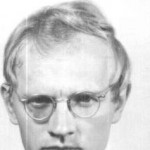
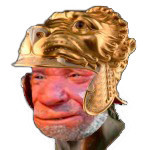
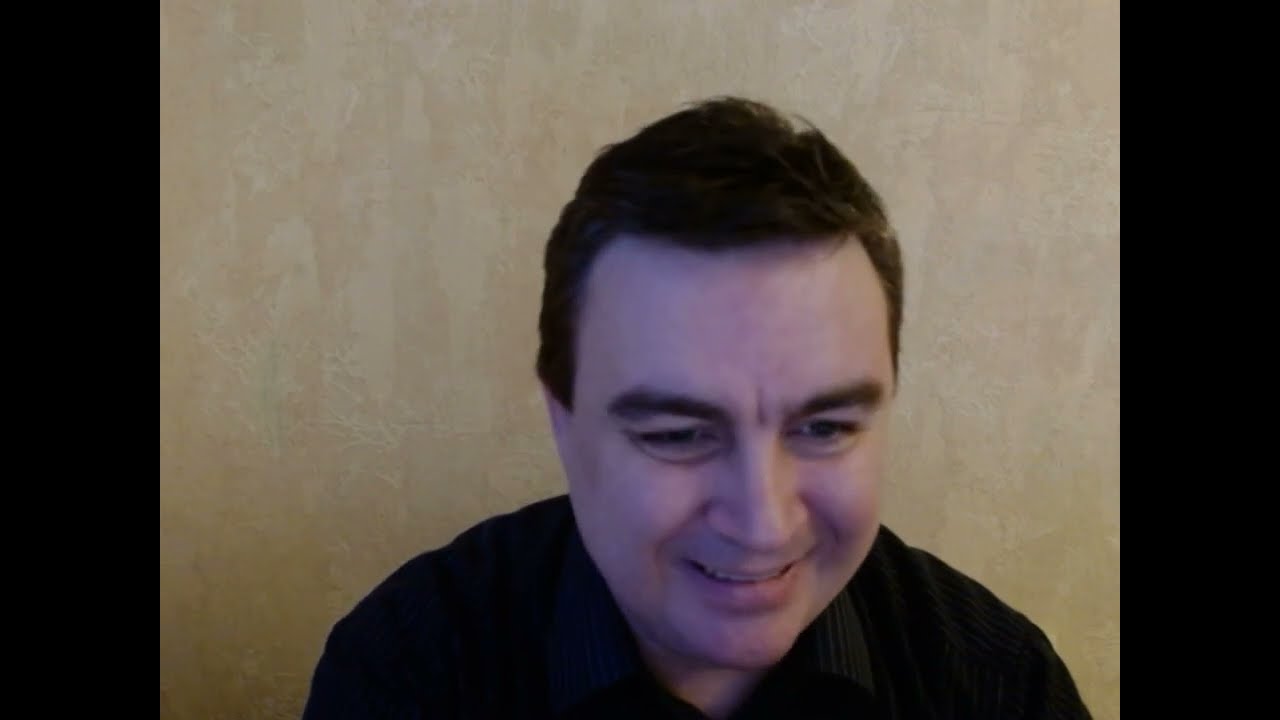
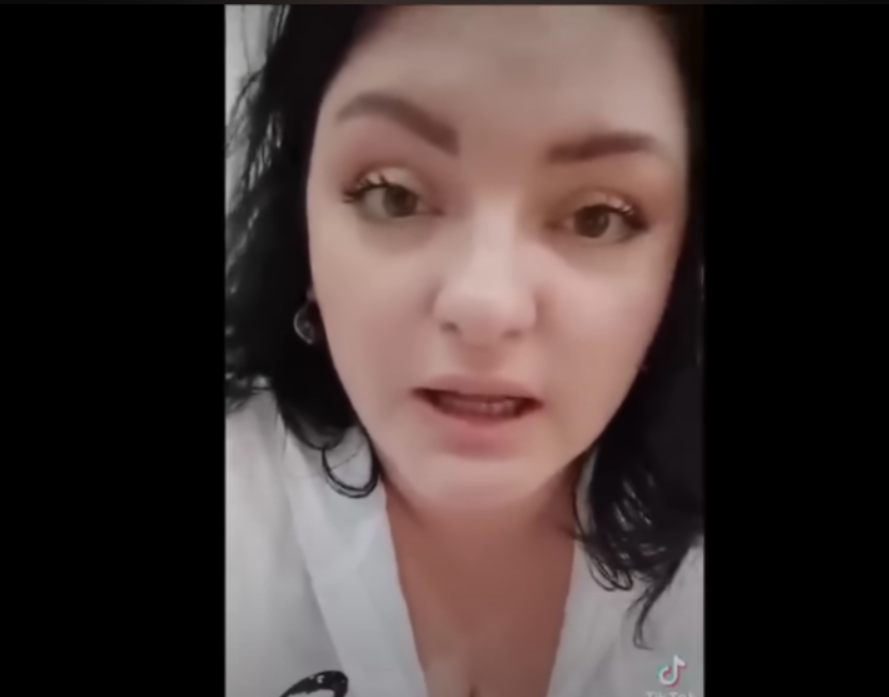
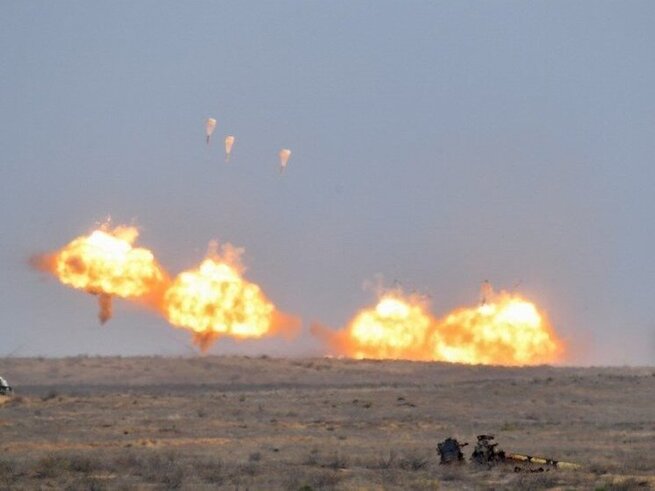
Оценили 4 человека
11 кармы